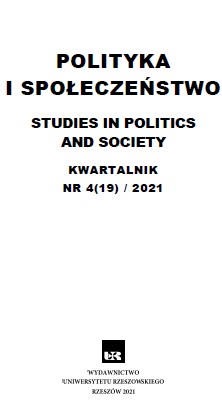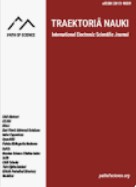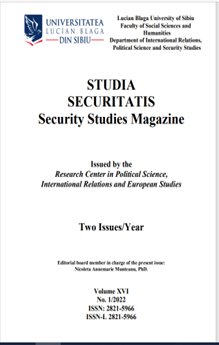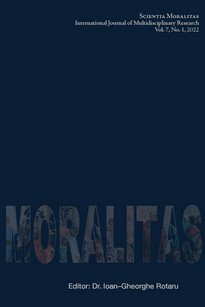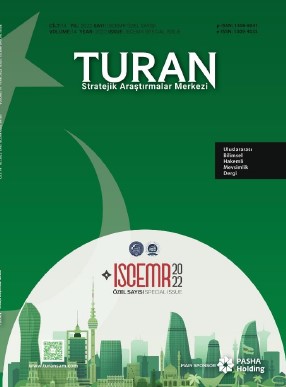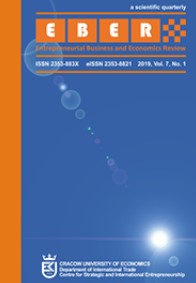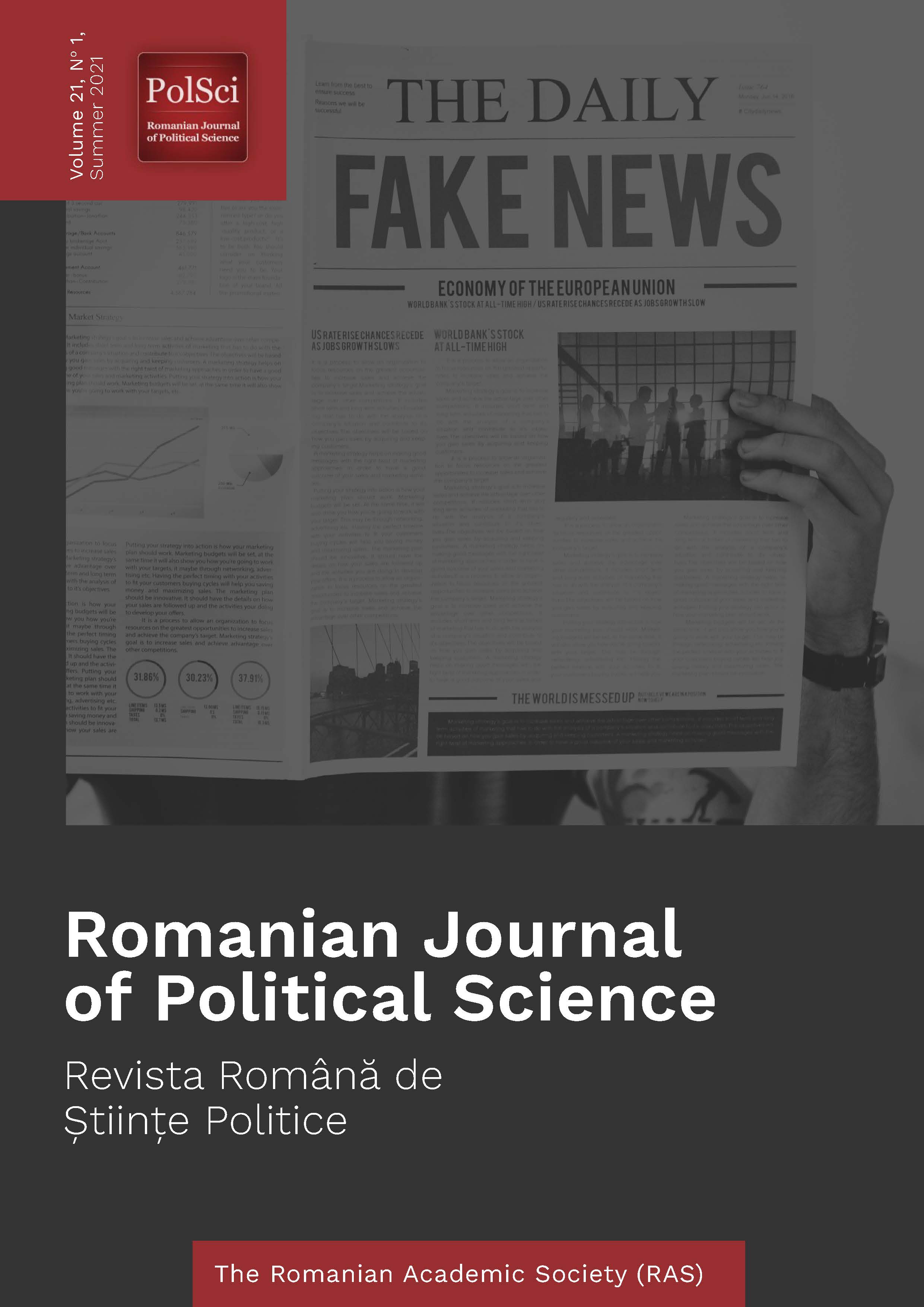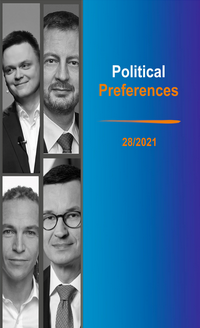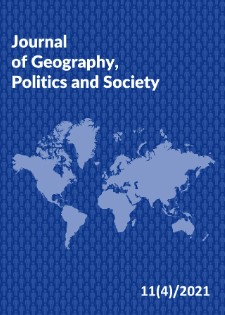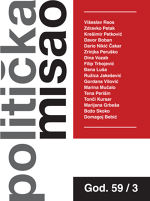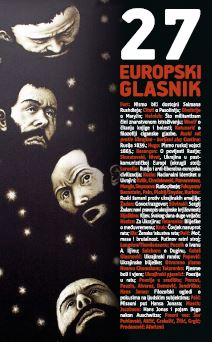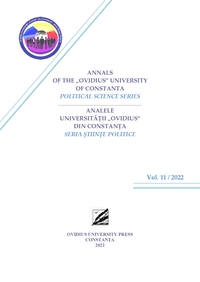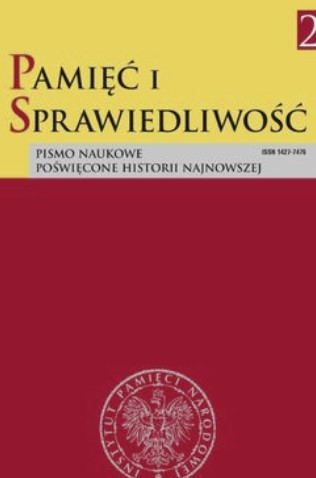
„Jesteśmy komunistami i przyjaciółmi”. Kontakty pomiędzy Polską Zjednoczoną Partią Robotniczą a Partią Pracy Korei w latach osiemdziesiątych
In the nineties of the 20th century, the relations between the Polish People’s Republic and the Democratic People’s Republic of Korea were visibly intensifying. One of the evident levels of this intensification were inter-party relations. The objective of this article is to discuss the nature and main areas in which the Polish United Workers’ Party and the Workers’ Party of Korea maintained contact and organised visits in their countries in 1980–1989.
More...
